R.B. Ramesh: An Interview
R.B. Ramesh has been a top-class coach in India for a while now and has regularly brought home laurels in various important events with his chess guidance and terrific man-management skills. Today, the Chennai-based grandmaster turned forty! In a freewheeling chat, Ramesh, an astute chess coach, discussed many critical facets of the sport and its development in India.
R.B. Ramesh: An Interview
A true teacher would never tell you what to do. But he would give you the knowledge with which you could decide what would be best for you to do. ― Christopher Pike, Sati
Let's say you run a company and that involves various blocks of work—various divisions with clearly defined roles. Once we understand that, we can work on it systematically with clear roles and aims. So, if something like that is made from the viewpoint of Indian chess, what will they be and what aims will they carry? We asked this question to GM R.B. Ramesh.
Ramesh is known around as one of the best coaches in this country. Whether it be in individual competitions, youth events or team championship—the man with the golden touch has always made sure that the Indian flag keeps flying high, with his wards hitting the podium on a regular basis.
Nevertheless, the world really woke up to witness his skills when India won its first medal, a bronze, at the 2014 Tromso Olympiad. This year, he led the youthful Indian team to a gold in the Asian Nations Cup 2016.
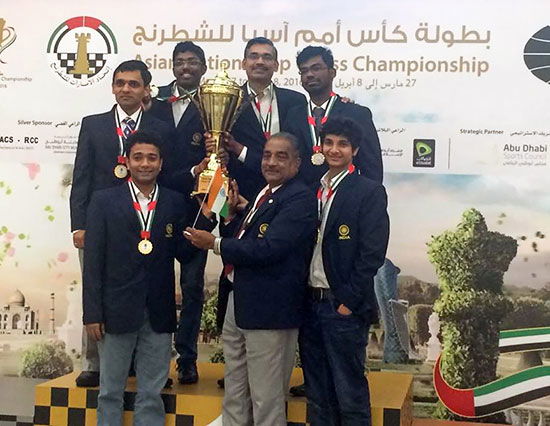
In a freewheeling chat, the Chennai-based grandmaster, a terrific man manager, and an astute chess coach discussed many critical facets of the sport and its development in India. First, he explains the approach the team had for the Asian Nations Cup 2016, before moving on to other important matters.
What was the approach these last few rounds? Indians were the favourites in all the matches after beating the Chinese, but it becomes a tricky business sometimes, especially towards the end.
Once we beat China, we knew it was a tournament for us to win or lose. Every player understood the responsibility and did not let it drag to the extent that it became a burden. We had a similar experience in Iran where we beat China but drew two matches to finish second.
Drawing with Mongolia in the second round was a wake-up call for us and we were determined not to repeat the Iranian episode. We were the favourites going into the last round against Vietnam. Each player knew their role and was eager to fulfill it. We just wanted to play good chess and that's what the players did. For example, in the last round, Sethuraman could have avoided taking risks but he boldly went for it by sacrificing a piece supported by good calculation and won a nice game. It is important that we try to play as normally as possible in the crucial rounds without getting too overwhelmed by the situation.
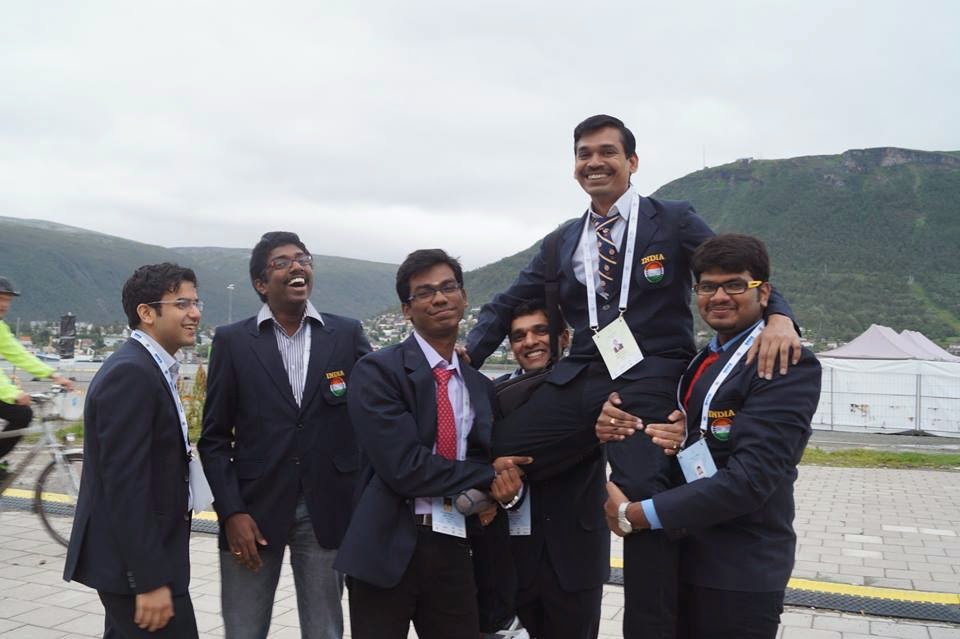
How do you look at this victory in the view of the coming biggies — Olympiad and World Teams?
The next big event will be the Olympiad with added expectations from various quarters, now that we have already won the bronze medal in the last Olympiad. I believe that irrespective of the composition of the team, each player will try to go out there and play the best chess they can and give their best effort. We accept the result as gracefully as possible whatever that may be. World Teams last year was not very good for us in some sense so we will try to do better this time around.
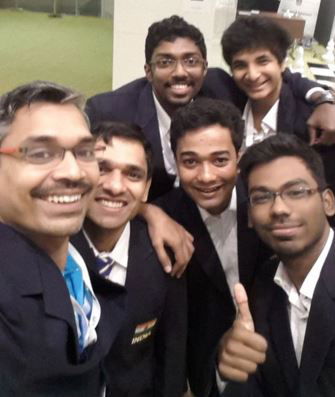
How about the Asian Youth tournament that begins soon? What are your views and expectations from the batch present there?
We have a lot of talented kids coming up all the time. How we as a system nurture them to become great players at the senior level is crucial. It has become quite normal that our players will do well at the age category levels for some time now. I will be surprised if it does not happen in Mongolia again. (India won eight medals in the Asian Youth Championship 2016.)
Exactly. We do come up with medals all the time, but there seems to be a low conversion rate of these medal winners into top players.
Yes. But we have to understand certain things—India as a nation is evolving, and as we grow muscles economically, many issues that are bothering us will be addressed positively. However, we don't have to wait for that to happen, but can each contribute in our own ways.
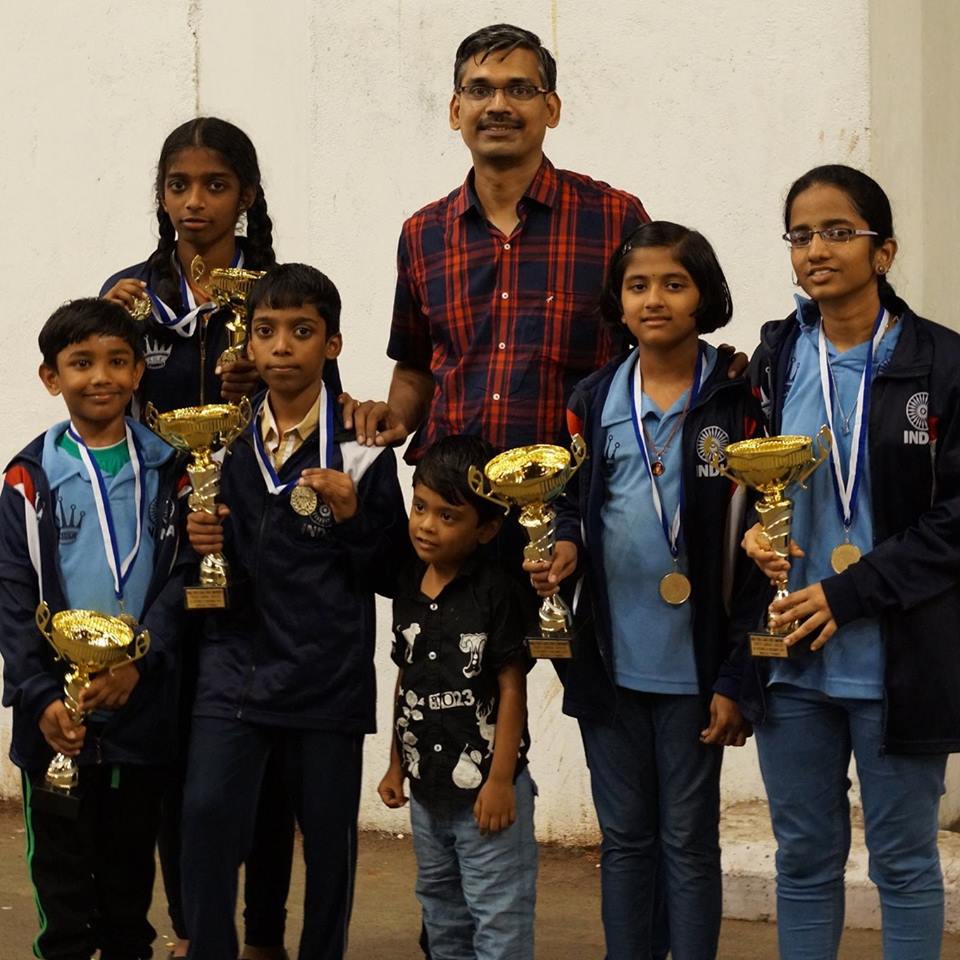
That is our duty. Drops of water fill the ocean eventually?
Yes. We don't have to wait for the system to change the way we want it to but do our part sincerely.
True. If you had your way, how would you segregate the various areas that involve improving the chess and chessplayers in India? Let's say you run a company and that involves various blocks of work—various divisions with clearly defined roles. Once we understand that, we can work on it systematically with clear roles and aims. So, if something like that is made from the viewpoint of Indian chess, what will they be and what aims will they carry?
Any system involves people because ultimately, systems exist for the people's objectives to be fulfilled. So the people who are part of any system should be passionate, believing in the cause, be sincere, honest, ambitious, creative, willing to accept responsibility when things don't go the way they are planned, accept mistakes and learn from them. If there is going to be dishonesty, immorality, no system can fulfill its objectives as well. Chess community consists of the federations at various levels (district, state, national, continental and the world body), tournament organisers, coaches, players, parents, content providers (ChessBase, ICC, etc.) , reporters, sponsors.
At the organising level, each district association, state association, should be proactive; conduct the official championships on schedule. This will keep the official events regular and give opportunities for kids to come to the limelight and go to the next level.
I think, at least here, we are doing very well in this area?
Yes, to some extent we are already doing well in this department. Currently, we have many academies, clubs for providing coaching to kids. But more is required. The current generation of players at all levels, at some point, at least, should take up the responsibility of passing on their knowledge and responsibility to the next generation. It can be by direct coaching or writing books, DVDs, etc. I think that this is beginning to happen but we need more players in the 2600 level to come into the coaching arena. But for that, we have to wait for the current generation to age a few more years! In, say, another five to ten years, we will have more 2600 level players taking to serious coaching as a career option. Then we can expect bigger jumps and see players going past 2700 more frequently.
For now, we have to build a larger base of 2600+ players and expect few to breach the 2700 barrier to from that bigger base.
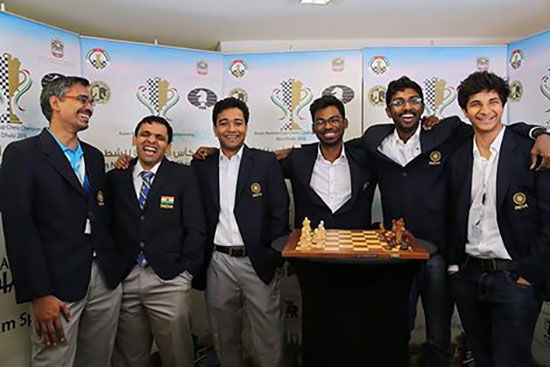
Yes. Someone who is already 2500 can benefit a lot, thanks to this. But we have no option here but wait I guess...?
...or go abroad to fulfill that gap for now, but then affordability becomes an issue. Sponsors should come into this arena or associations can take up the responsibility by hiring coaches at that level for the 2500+ youngsters. As I mentioned, when our nation as a whole increases its financial muscle, more money will come into the game to take care of this gap.
What other areas do you think the talented players are falling behind on?
Many players come to 2500 and get stuck as their basics are not laid down properly. Many 2500+ players are not so good temperamentally and technically. Grooming from a young age is crucial. Right attitude, right priorities, right working ethics should be ingrained. These things cannot be rectified at a later age.
I have seen too many players who could have gone higher but failed to do so because of poor chess ethics and wrong priorities from their early life.
We do see many examples...
Results must be given only so much importance. But for many, that alone becomes everything. Learning takes a back seat early on.
I always thought we lacked regular good tournaments to take them forward, to nurture them after they reach a certain reasonably high standard.
Strong tournaments that cater to an upcoming 2500 level player is crucial for our nation. Currently, everyone who becomes a GM stops playing in India. This should change. Higher prize money and some filtering in the rating of players who play in strong open tournaments in India are vital to cultivate a playable environment for an upcoming 2500 level player. (This means keeping a strict rating cut-off in the bigger Opens.)
Current open tournaments in India are good for making norms but extremely unfriendly for a 2500+ ambitious player for the simple reason that too many lower rated players are allowed.
And that these lower rated players are no pushovers? The stronger players lack the motivation to play against them?
Exactly. In India, there is an abundance of talent, so this situation works both ways . On one hand, you get opportunities from a young age to play against good players, but on the other, as you progress the same positive becomes a liability as everyone is so good that it's not possible to win always.
That explains why our young boys are doing well on foreign soil, I think? To progress rapidly you need to win more. That is easier in, let's say Europe?
Since there are more tournaments in Europe (because it is one whole continent, with most counties almost as well connected as the states in India, with one currency) everyone there has a kind of inflated rating. Similar to our economy—since the standard of living is higher in Europe, the pay is also correspondingly higher. So for an Indian, getting a job in the west is more beneficial than in India.
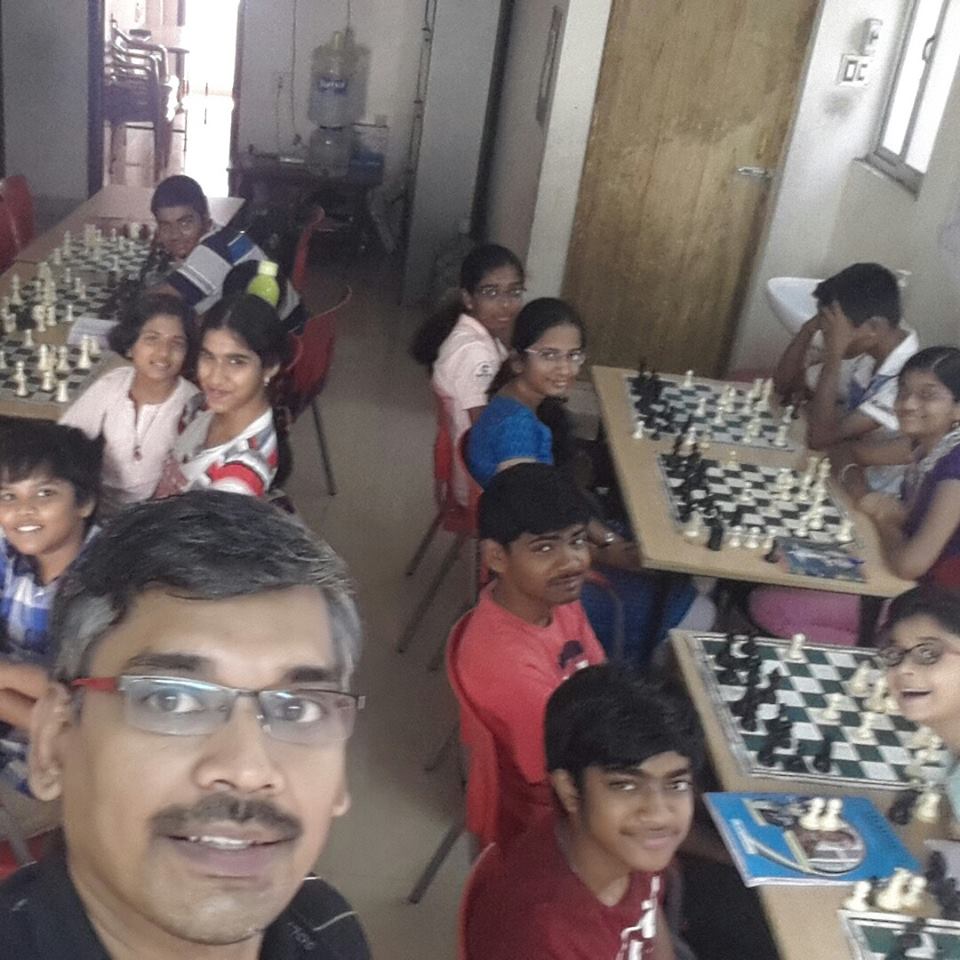
That is an apt analogy! Okay, we have covered many areas worth focusing on. What points do you think our chess-parents need to understand better? Most of them are overbearing and force their child to do unnatural things, sometimes.
Parents are, basically, new to the game, its expectations, and nuances. Parents with the right approach get most of the things right effortlessly, but for the majority, their priorities need to be taught well. One cannot blanket blame parents for expecting their kids to do well in chess. That is a natural human instinct. What should be done is to educate them that not every child is born with natural talent for chess and that it needs passion from the child as well, requires a lot of hard work, patience, ready to toil even when things go wrong. If told in a proper manner most parents can be made aware of the things. But who does these things?
I think this is where the coaches and we journalists can contribute?
I believe, by nature almost all human beings are good. Sometimes, we go by wrong priorities, wrong influences. But if told the right things in the right manner, everyone will become reasonable in the long run.
That's the only hope for humanity as a whole, not just in chess. The inborn goodness of each human should succeed eventually.
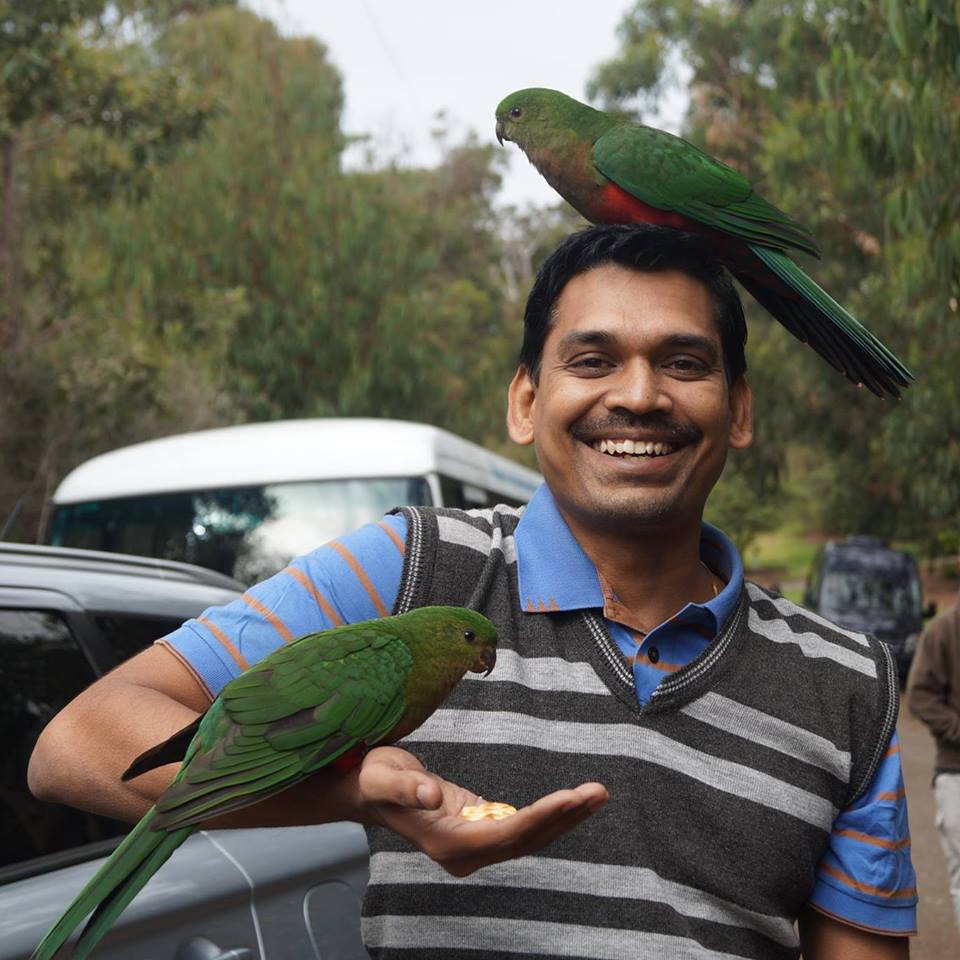
In this case, our job would be to show them the way to that inner goodness?
Yes, and we should be the change ourselves, to become as good as possible and be an inspiration for others. We cannot assume the responsibility that we should change others. It is not our right to claim. It is our duty to be that change. We should live by those principles that we want to see in others and hope that will inspire others to be like us.
That is how the world has been changed in the past...
When I teach a young player, I have zero expectations that the child should do as I say.

Their innate instincts should be allowed to flow?
I just share my thoughts as I see it. It is that child's choice to either learn and change or take it in the way that suits him or her.
Many so-called coaches lead our youngsters astray through faulty paths. There is no dearth of coaches who swindle the players and parents. How is it affecting our future? You already mentioned that they are stuck after a while. Do you think there could be a way to solve that, like a licensing system?
We should not judge a system by the bad apples present in it. We should accept that bad apples are necessary so that the good in people can identify and learn from the mistakes the bad apples make. So let the bad apples be there and take inappropriate advantage of the system. What matters is how many good apples this system can produce. Once more good apples come, the bad apples will be discarded, just as in chess—process of elimination.
And evolution?
Yes. My philosophy is that we have no right to change others directly through rules, but be the change, be the example that others will want to be. For example, being a journalist gives no right to a person to enforce his/her views upon the readers. In the same way, being a coach does not give me any rights over my students. We are just catalysts in the system. Put the cards on the table honestly. Let everyone choose what is right for him or her.
Do you think it makes sense if AICF creates a fund like Alfred Nobel did years back? Can it pay off in the end? Any ideas that are possible to make chess a self-sufficient sport?
It should be up to the individuals to set up such funds and not associations. Associations should just frame just rules and put a system in place that can run itself irrespective of the individuals that run them. When the system and environment are right all good things will claim their rightful place in the system.
Are you happy with the system currently in place?
I am neither happy nor unhappy with the system. There are certain areas that are working and certain areas that can be improved.
Can it be made better?
Of course, it can be made better. As long as it has not lost the ability to change, I have hope.
What are those areas where it can improve?
Talents should be identified at a young age and given coaching opportunities, exposure to good tournaments. Until our economy becomes stronger, some external help is required in these areas.
External? What do you include in this?
As our economy improves, these things will be taken care of automatically. By external, I mean private sponsors and people who can make this happen. For example, Abhijit Kunte has brought in private money in the form of MCL.
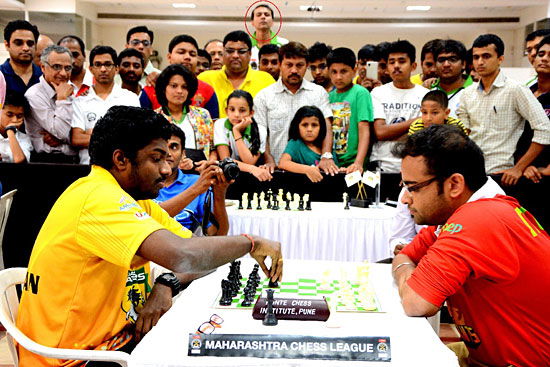
What other avenues are there that you can think of?
New ideas, new people, new money into the game. Money is there, ideas are already there...
Like?
The productivity of the system deserves utmost plaudits. We truly have been doing a fine job. Historically, and not just in Indian chess, new people and their ideas, new money, make people uncomfortable. The system should not see new ideas and people as threats but as opportunities. When people start seeing that there is a place for everyone, it is easier to adapt to the changes that are necessary.
ChessBase India wishes GM R.B. Ramesh a very happy birthday!

